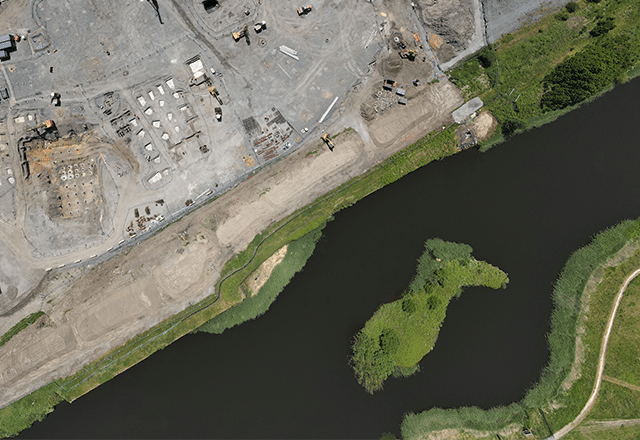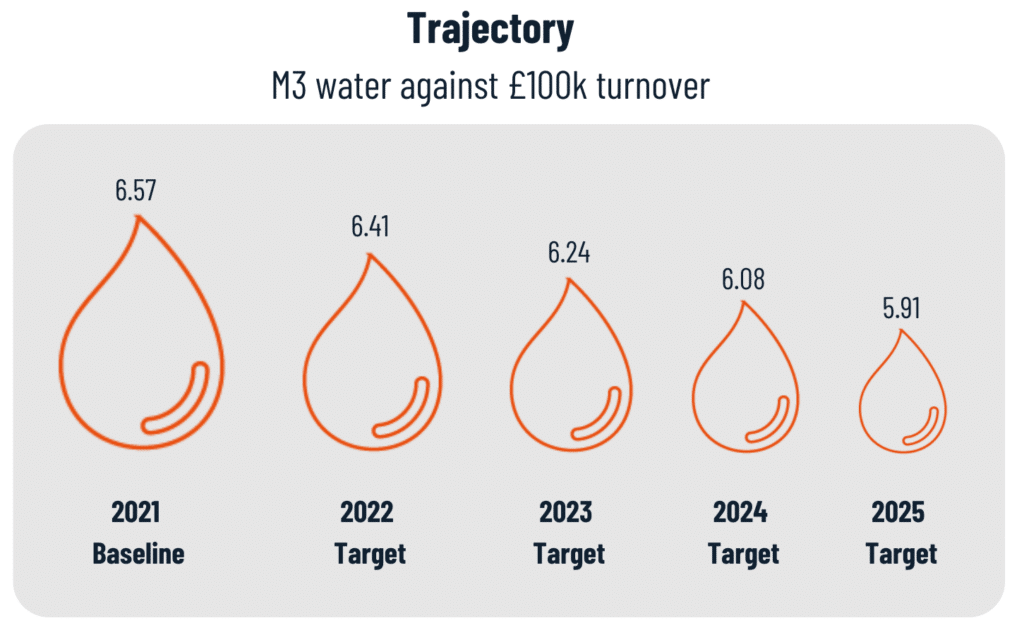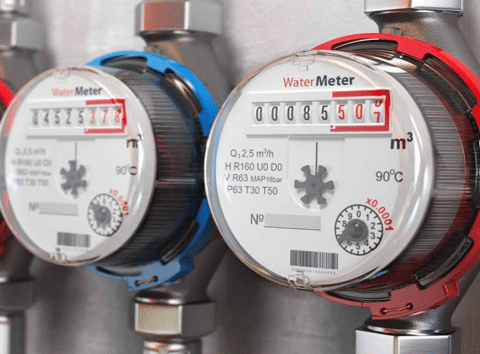Water is a precious resource that holds immense importance in our society and industry.
It plays a vital role in our construction processes, from the initial stages of site preparation to the final touches of a project. Beyond its immediate role in construction activities, it supports the overall functioning of the operation of our activities, providing hydration and sanitation for workers, and with our reliance on water, comes the risk of excessive consumption and wastage.

Water scarcity is often overlooked in the United Kingdom, as a water-rich country with ample rainfall, this can lead to a sense of complacency regarding water resources. The abundance of water in certain regions can create a false perception that water scarcity is not a pressing concern. With the impacts of climate change, rising temperatures and increasing instances of drought events, there will be significant implications for water security within our country.
In 2020, the Environment Agency published a National Framework for Water Resources which showed that under the current trajectory some rivers could face up to an 80% decrease in water during the summer months. The increasing rate of water scarcity within the United Kingdom demands urgent action. Within the construction industry, reliance on water not only poses a risk to the environment but also presents an opportunity for the industry to make a significant difference. By embracing a water reduction strategy, we can minimise our ecological footprint and contribute towards the broader goal of sustainable development. It requires re-evaluating current practices, adopting innovative technologies, and fostering a culture of responsible water management.
Corporate Water usage
We recognise that the construction industry uses an extensive amount of water during the different phases of a project. These uses are for a variety of purposes, including:
- Dust suppression – when demolishing a building/ dampening down haul roads etc.
- Concrete mixing – off site batching plants
- Equipment cleaning – cleaning lorries before they enter the public highway etc.
- Landscaping – watering of plants
- Commissioning – water testing of MEP plant and swimming pools
- Personal hygiene – site welfare
In light of the escalating water scarcity challenges faced by certain regions in the UK, a situation anticipated to exacerbate in the foreseeable future, we have established a strategic objective to decrease our water intensity metric (m3/£100k turnover) by 10% by 2025 relative to our 2021 baseline.
Encompassing all ongoing construction projects, we established a baseline in 2021 for water consumption, which stood at 6.57m3 against £100k turnover.


In order to meet our target we are committed to:
- Installing submeters on both welfare and site to have a better understanding of water use across sites.
- Installation of smart water meters to allow for live data analysis.
- Installation of leak detection systems/automatic switch off valves.
- Collaborating with contractors delivering concrete, and subcontractors. To encourage the use of closed loop concrete washout systems.
- Installation of water flow restrictors on all new welfare cabins and permanent site offices.
- Progress towards the installation of grey water recycling/rainwater harvesting across projects; encouraging circularly of water use on our welfare.

CLIMATE & ENVIRONMENT
Building for the future is a top priority for us at Bouygues UK. Every project is an opportunity to build the future and at Bouygues UK, we are committed to ensuring this is the reality. We recognise that through working closely with our clients, supply chain partners and employees, we can help reduce our impact on the environment and bring sustainable benefits to the communities we work in.
